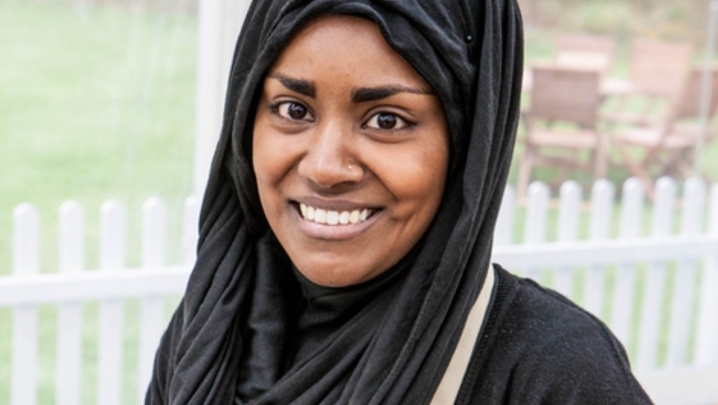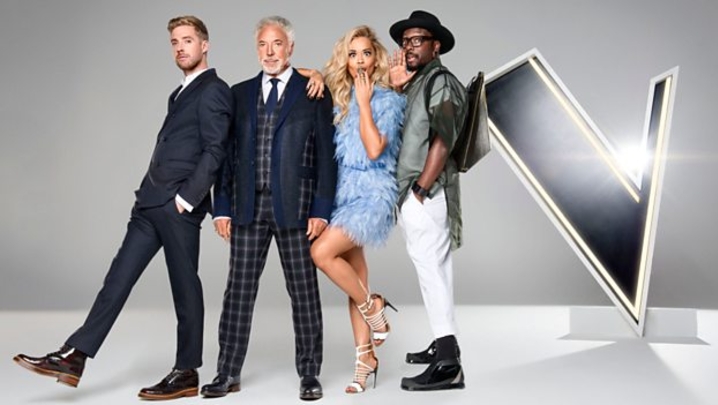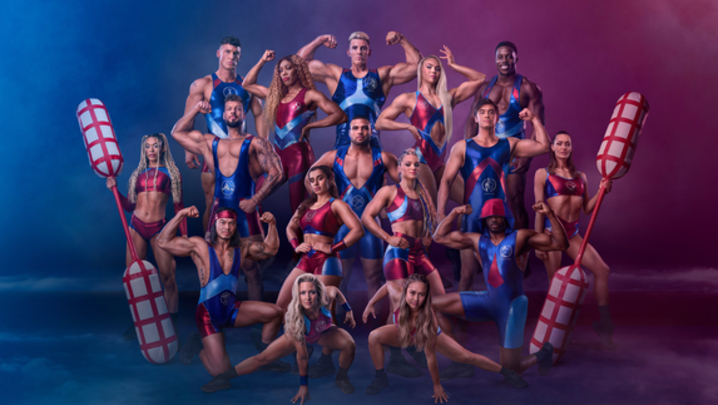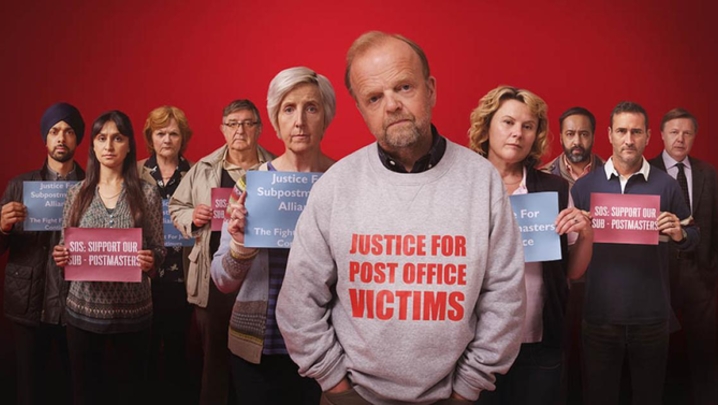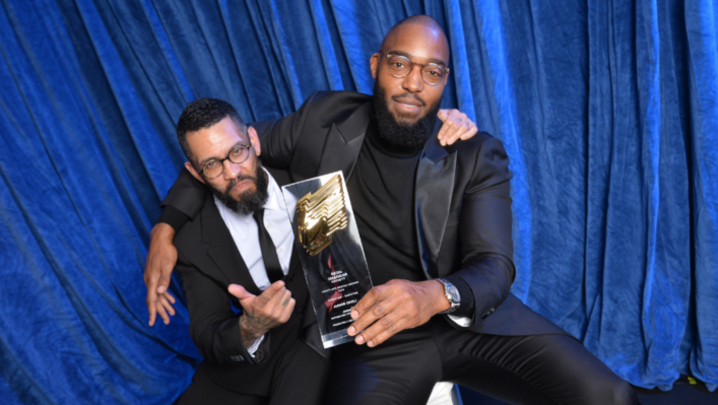On the eve of its fifth series, The Voice UK’s digital team revealed some of the innovations planned for the BBC One talent show at a London Centre event in mid-November.
New to the show in January is the Virtual Voice, which will offer 360-degree virtual reality video, and a greater focus on BBC iPlayer to satisfy growing demand for content on mobile and connected TV platforms.
The Voice’s digital producers use Facebook, Twitter, Instagram, YouTube and BBC online, adding new content to create a buzz around the show.
“The most important thing for me is to make sure we are connecting with the fans on an engaging, entertaining level before, during and after the show,” said Muki Kulhan, the Executive Digital Producer for Wall to Wall Television, which makes The Voice.
Ricky Wilson and will.i.am return to the coaches’ over-size chairs for the final series on the BBC, and are joined by singers Paloma Faith and Boy George. It is widely believed that ITV, which bought Talpa Media (the Dutch company that owns The Voice’s format) earlier this year, has nabbed the rights for series six of the show and beyond.
“When The Voice first came to the BBC I was excited because we had a format that had digital at the heart of it; it wasn’t just an add on,” recalled BBC iPlayer Commissioning Editor Sarah Clay who has worked on the show since its debut in March 2012.
Discussing the focus on iPlayer for series five, Clay said: “We’re trying to grow [audiences] by 20%. iPlayer isn’t just where people go to catch up on shows they’ve missed anymore – it’s now more of an entertainment destination. We’re planning to launch the new series in iPlayer with an exclusive 10-minute teaser called Meet the Coaches.”
“The show is now massively integrated with social media,” explained Voice Tweeter David Levin who, like Clay, has worked on all The Voice series. “Some of the tone of the TV show now reflects the social content.”
Looking at how social media content has changed over the life of the series, Levin said that video, particularly on Twitter and Facebook, is becoming more important.
Glenn Miller, Facebook Head of Entertainment Partnerships, EMEA, argued that The Voice understands the important of building a community: “The show is at the centre, but the community is the coaches, the contestants and the fans.
Interactivity is a key part of the digital mix. The HomeCoach app allows fans of the show to play along on a second screen. In series four there were 980,000 downloads of the app, which is being enhanced for the new series.
Series five will take interactivity a step further. Virtual reality has been a “gimmick” until recently, Miller said, but he argued that The Voice’s 360-degree videos would “allow the fans of the show to get right into the middle of the show”.
Digital content is important – iPlayer attracts a million or so viewers every show – but television is still The Voice’s primary platform. “When you look at the audience figures of over 8 million, social is still a fairly small proportion of the overall numbers,” said Clay. “It generates buzz and discussion with fans, getting them closer to what’s going on in the studio and reaching other audiences. But, without TV, the show wouldn’t exist on this scale.”
“More people are second screening and on social media while watching the TV show, but the time watching TV is not decreasing – there’s no cannibalisation of the audience,” added Miller.
“The Inside Voice” was hosted by the BBC Academy at New Broadcasting House on 18 November and produced by Terry Marsh.


